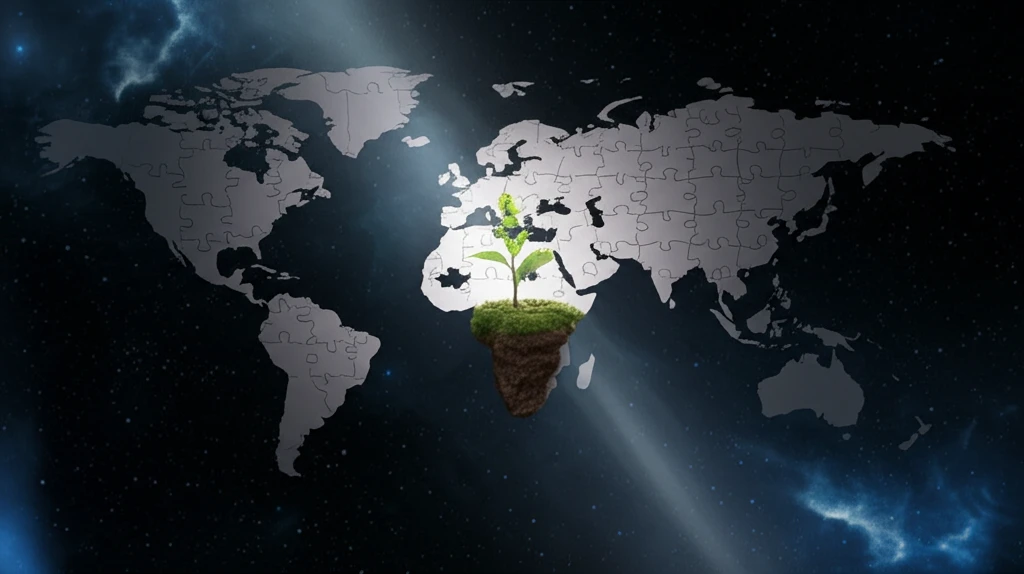
Beyond Order vs. Anarchy: Finding Stability in Today's Geopolitical Chaos
"A Deep Dive into Global Conflict and the Search for International Law"
The world often feels like it’s teetering on the edge of chaos. Conflicts erupt, alliances shift, and international norms seem to crumble under pressure. Understanding the roots of this instability is crucial, not just for policymakers, but for anyone trying to make sense of our complex global landscape. Many theories have tried to explain why chaos seems to be perpetual, but how useful are they today?
This article analyzes current global conflicts, drawing insights from classic political thinkers like Thomas Hobbes and John Locke. By comparing their perspectives, we can gain a clearer understanding of the forces driving conflict and the challenges of establishing a stable international order. What makes these older philosophical works still very relevant today?
Using contemporary examples like the war in Iraq and the Russia-Georgia conflict, we’ll explore the strengths and limitations of international law as a tool for maintaining peace. We will raise tough questions about the role of state power, the impact of morality, and the potential for a more orderly world.
The Inescapable State of War: Is Hobbes Right for Today's World?

Hobbes argued that, without a strong central authority, life becomes a "war of all against all." This isn't just about physical battles; it's a constant state of competition and fear, where individuals (or, in the international arena, states) prioritize their own survival above all else. Consider today's global landscape. Are nations primarily driven by a desire for security and self-preservation?
- Self-Interest Reigns: States prioritize their own security and needs.
- Morality is Secondary: Ethical considerations are often overshadowed by strategic advantage.
- Power is Key: A strong state is essential for survival in a chaotic world.
Beyond Idealism: Can We Find a Path to Stability?
The pursuit of a stable international order remains a complex and ongoing challenge. While Locke's vision of inherent reason and cooperation offers an appealing ideal, Hobbes's emphasis on power and self-interest often seems more aligned with the realities of global politics. Finding a balance between these perspectives is essential for navigating the complexities of our interconnected world and fostering a more peaceful future.
